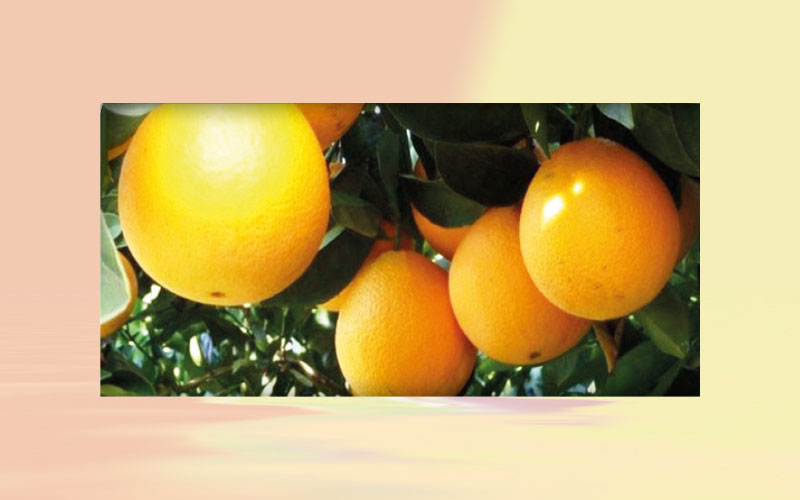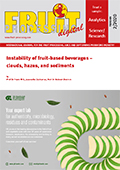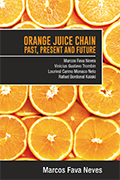Brazil: Pear orange prices hit a real record in the in natura market in January
Pear orange prices have been moving up since the beginning of the 2023/24 season in the in natura market. In January, values hit the record of Cepea series, which has started in 1994. In the first month of 2024, the price average was BRL 78.89 per 40.8-kilo box, …

Pear orange prices have been moving up since the beginning of the 2023/24 season in the in natura market. In January, values hit the record of Cepea series, which has started in 1994. In the first month of 2024, the price average was BRL 78.89 per 40.8-kilo box, moving up 16% compared to December/23 and 90% in relation to January/23, in real terms (values were deflated by IGP-DI Dec/23). Up until January/24, the highest value in real terms had been BRL 74.92/box, in November 1994.
This scenario of high prices is related to the limited supply. The production in the current crop is on average; however, low orange juice stocks increase the need to buy the raw material, reducing the orange supply in the in natura market.
As for the demand, players surveyed by Cepea say that it is firm, since temperatures are high, favoring the consumption of the fruit.
The pear orange supply is expected to continue limited in February, which is still considered offseason.
Industry
Prices for pear orange and late varieties for the industry had hit a real record in November. Since then, they have been renewing the record level of Cepea series, which has started in 1994. However, values are now moving down, considering the closing of new trades.
The price average for pear orange and late varieties for the industry was BRL 57.68 per 40.8-kilo box, harvested and delivered, in January, increasing 10% against the month before and 76% in relation to January 2023, in real terms.
Tahiti lime
Prices finished January at low levels, due to the peak season. The price average in January 2024 was BRL 13.56 per 27-kg box (harvested), for a decrease of 28% compared to the last month of 2023.
The tahiti lime supply is expected to continue high in February, due to rains in January, which can favor both the fruit development and the quality.









